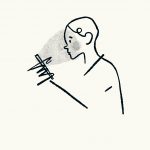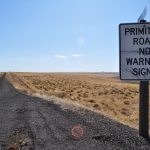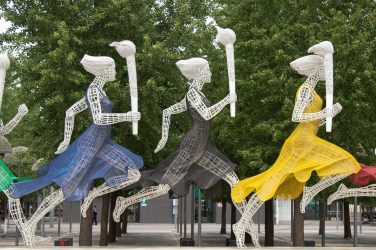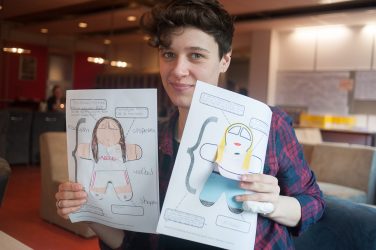Are you a post-graduate sick of scrolling through job adverts and seeing nothing that seems suited to you? Someone looking for a career change? Or merely someone fostering a curiosity for what jobs Europe and the world has to offer? In our newest series for Legs, E&M explores what professions Europe has to offer beyond what the eye can see.
Hi Luisa, to begin with, what is it exactly that you do?
I am a Lecturer in International Development at the University of Bath. My research interests are in political anthropology, youth and humanitarian emergencies in West Africa. Most of my work has focused on Sierra Leone, and I have just come back from a year in Kambia District doing research on community experiences of the Ebola epidemic and their attitudes towards medical research in the context of the emergency. Because I am a qualitative researcher, it means I collect stories and people’s experiences, I do interviews and life histories but also spend a lot of time talking to people informally to understand their ways of understanding the world.
What was your dream job when you were younger?
I went through various phases, from wanting to be an archeologist, to a botanist and then a writer…
Was there a specific moment when you felt that you realised you wanted your career to take a different direction?
I definitely had a lot of doubts about where I wanted to go when I was studying and there were moments when I thought I should just drop everything and get a “real” job. In 2012 I was in Sierra Leone during one of my research trips and I had a really tough time while doing research on political violence, so when I came back I thought I wasn’t cut out for it. But a year later, after a lot of thinking, I went back and decided I was on the right path.

When did you realise that this is exactly what you wanted to do?
When I am listening to people during interviews in Sierra Leone I often think about how privileged I am that people decide to share their lives with me. Writing up those stories often feels like a lot of responsibility, I often ask myself if this is how they would have liked me to tell it, but it makes me realise how worthwhile this kind of work is.
Often youths these days are pressured into the idea that they should know exactly what they want to do from a young age and everything they study and their work experiences should be going towards this goal, how far do you agree with this? Do you find you had a conventional career path?
I don’t agree with it at all, even though my own career path can be seen to be very conventional. I think you have to do what makes you feel passionate, which doesn’t necessarily mean that it will make you happy all the time, but you have to have a sense of purpose and that can change over time. I still leave myself a ‘get out clause’ at the back of my mind: if at any point I don’t feel inspired by what I am doing, I can change direction, even if it’s in ten years’ time!
What do you like best about what you do?
In the teaching side of my profession, I love seeing students understand a new concept that makes them look at the world differently. I had that experience during my Masters at Oxford and it really changed me, so it’s exciting when you see it in your own students. I also love the research that I do, which allows me to enter other people’s lifeworlds and challenge my own.

What is the biggest challenge about your profession?
In academia you are often pulled in all directions at the same time– balancing research and teaching can be challenging, especially if your research is overseas. Also curricula continue to be dominated by the writings of European, white males, which can be intimidating for students and early career academics who don’t fit that category– it’s a daily challenge to push back against the idea that only certain voices belong to the academic sphere.
Are there any inspiring figures in your field that motivated you?
Too many to mention! Paulo Freire’s approach to revolutionary teaching methods is a constant source of inspiration, Michael Jackson’s (the anthropologist!) and Mariane Ferme’s beautiful writing about West African history and social life make think a lot about how to tell people’s stories, and Prof. Masooda Bano has been a great role model and mentor as a young female academic.
What would you say to someone thinking of starting this career path?
I would encourage them, there is an element of real freedom in being given the space to think and to develop your own ideas, and to contribute to shaping the ideas of the next generation of scholars and practitioners. It won’t always be smooth sailing, especially if you are a young woman, but don’t let the pressure make you forget where you came from– make time for others, including students, and remain empathetic.
What would you tell people who want to do the same job as you? How can they achieve that?
With academia it is a pretty set path: you go through all the hoops of doing a BA, a Masters and then a PhD. After that, the job market is really tough, but try to find a place that will give you space to be independent in your research. But also: take time out, travel, and really question why you are doing what you are doing– it is very easy to fall from one thing to the other by inertia!
|


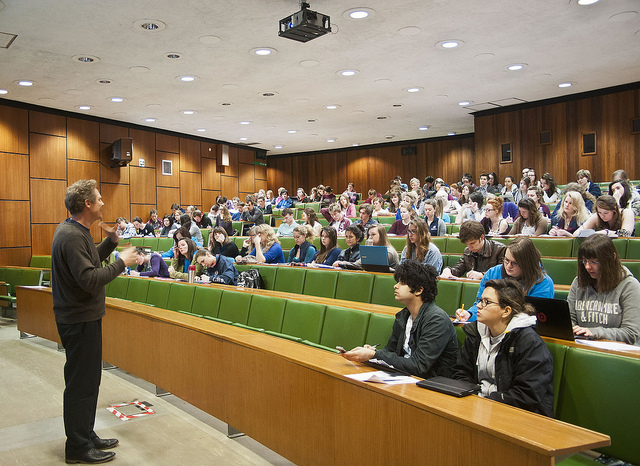
 About the interviewee
About the interviewee
